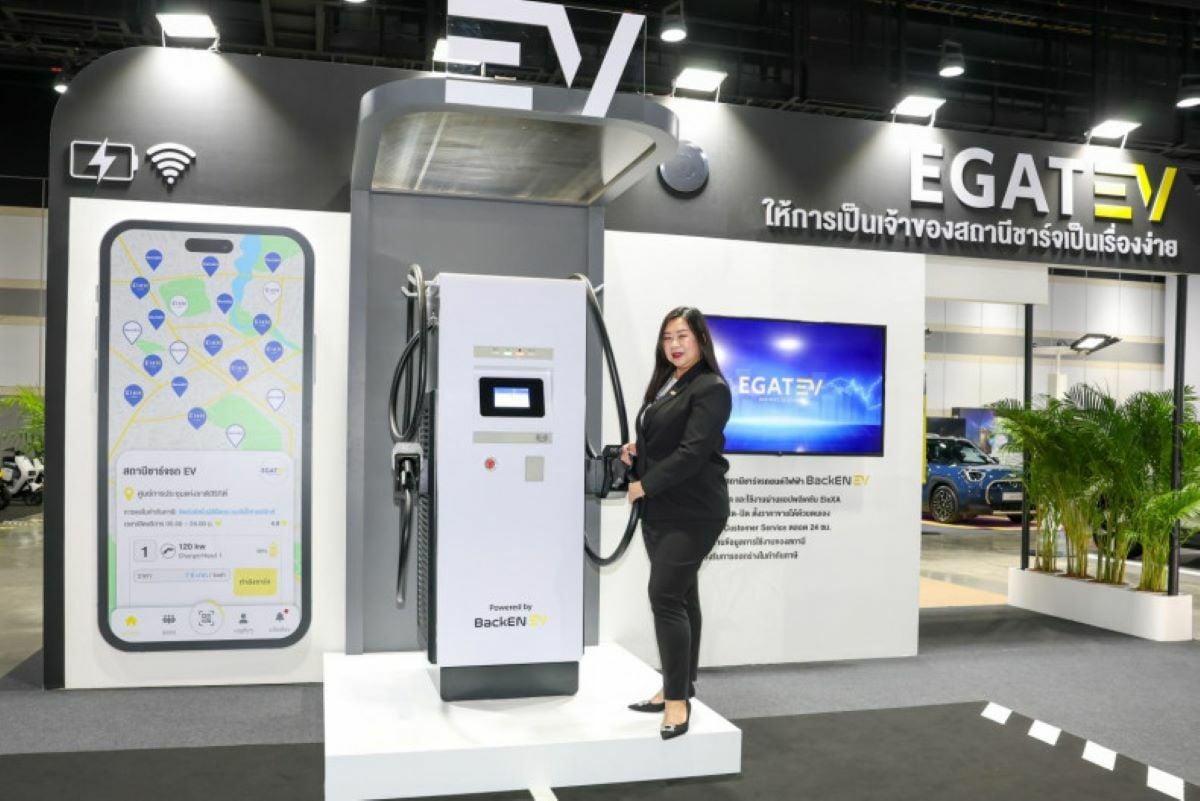EGAT to add 110 EV charging outlets in Thailand this year

The Electricity Generating Authority of Thailand (EGAT) is intensifying its electric vehicle (EV) solution services, notably by expanding charging outlets, to capitalise on the burgeoning EV market and support Thailand’s carbon reduction goals.
EGAT’s expansion follows its pilot-scale operations in collaboration with state agencies and building owners.
With 50 years of expertise in electricity supply and transmission system development, EGAT is poised to gain an advantage in the EV solution sector, says Nissara Thammapala, director for innovative energy solution business management at EGAT.
EGAT aims to add 110 new EV charging outlets this year, increasing from 211 at the end of last year. Next year, the company plans to install an additional 100 outlets.
Nissara dismisses concerns that EGAT might be too slow in scaling up its EV solution businesses compared to already large-scale rivals.
“We believe the EV charging business is still a blue ocean market.”
She expressed confidence that the electricity powerhouse’s five decades of power business experience will help it manage the competition effectively.
EV charging is one of several EV business solutions offered by EGAT. Other services include the installation of charging facilities, a smartphone app to manage queues at charging stations, and consultation on the technical aspects of charging infrastructure.
As of yesterday, October 27, Thailand’s Department of Land Transport reported a total of 141,008 battery EVs in the country. EGAT stated that Thailand’s EV ecosystem and regulations are evolving to accommodate this growth.
Bangkok Post reports that the Thai Industrial Standards Institute and the Energy Regulatory Commission are developing standards for EV chargers used in the country, while the Engineering Institute of Thailand is drafting standards for charger installation.
These standards are expected to be finalised by 2025, according to EGAT.
In other news, the automotive industry in Thailand has experienced a significant downturn in vehicle production, with September 2024 seeing a total of 122,277 units produced, marking a 25.48% decrease from the same period last year.
Latest Thailand News
Follow The Thaiger on Google News:


























